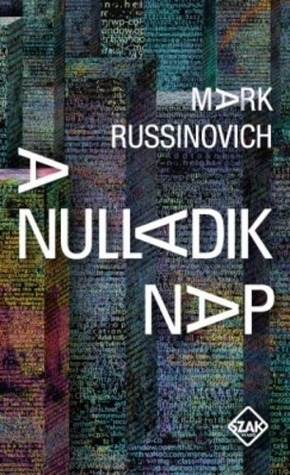What do you think?
Rate this book


350 pages, Paperback
First published March 1, 2011
Sue was slender, of partial Asian heritage, late twenties, with jet-black hair stylishly cut in a bob. Her slender lips were a crimson slash, and she wore more makeup than he was used to seeing in offices. Beneath her shirt he detected modest breasts, but her figure struck him as all angles. Her grip was firm, but there was no denying a certain shine in her eye as she met his gaze."
Dr. Daryl Haugen, dressed casually in jeans and a snug blouse, paused before responding. Slender and just over average height, with a fair complexion and blond, shoulder-length hair, she was stunningly attractive.
This book is an easy read for anyone who has ever used a computer connected to the internet. The book is even more interesting and compelling if you have ever installed an anti-virus product on a PC. So, there you go; this book will be a good read for almost anyone who picks it up.
The plot is all to believable. A group is creating a storm of worms and viruses to invade the computer systems that control our banking, airlines, power generation – you know, every part of our life. This threat as been real and possible for quite a few years now. The recent publicity surrounding the stuxnet virus that targeted the Iranian nuclear programme has shown just how real this kind of scenario is.
Rootkits and zero day operating system vulnerabilities represent an open risk to the way our economy operates. Even though this book has been several years being created, the threat has been around for several years now. In fact the author, @markrussinovish has said that he was surprised at how quickly a scenario like stuxnet eventuated.
I was expecting this to be a thriller in the mould as Deamon by Daniel Suarez but it is quite different. Along the way Russinovich explains a lot of the internet and virus jargon that may be unfamiliar to some. Coupled with the fact that the chapters are short and crisp – sort of web page length I’d say, Zero Day is accessible to geeks and internet newbies alike.
A great, modern thriller – well worth a read.
I do so hope that this book helps the world wake up to mitigating the risks we face with so much of our economy online.